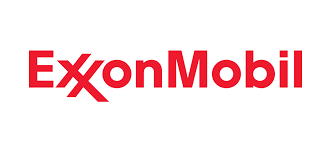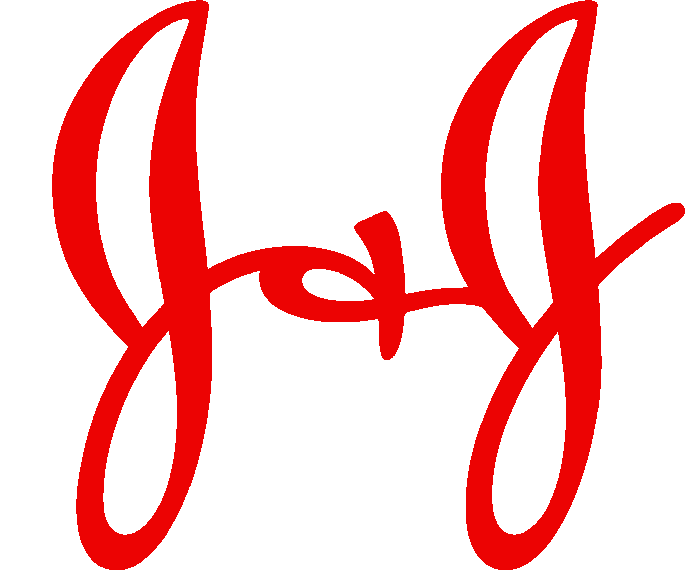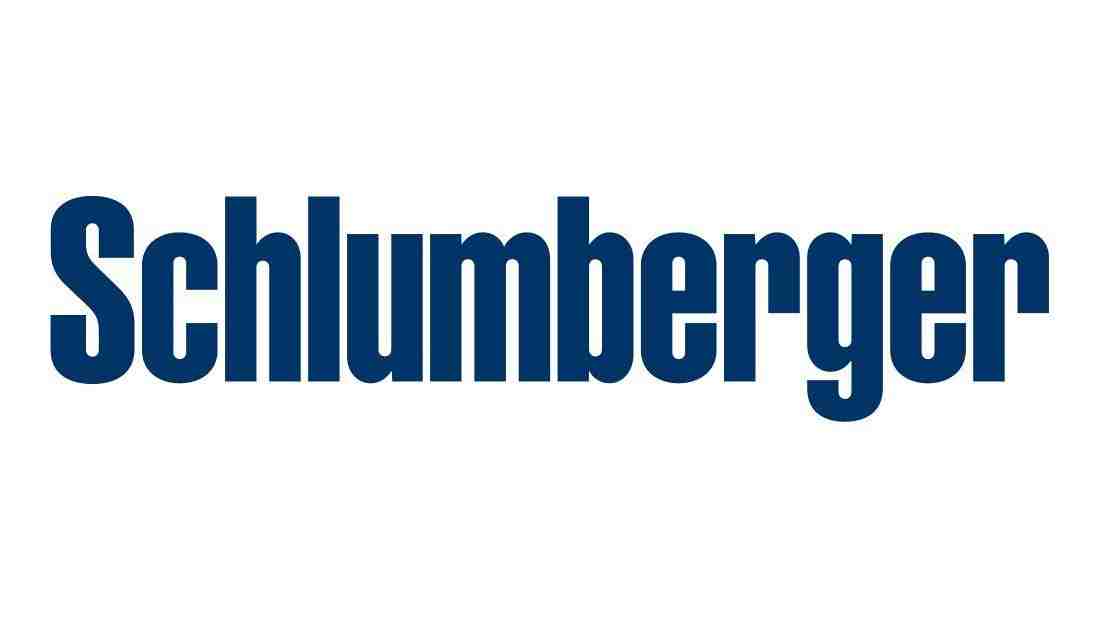Cancer Gene Therapy Market held USD 822.2 million in 2020 and will register to grow at a CAGR of 26.4% during the forecast period.The current available treatments such as radiation and chemotherapy have several side effects including nausea, mild cognitive impairments, and mouth ulcerations. Therefore, new and innovative options for the treatment methods are required to reduce the suffering of cancer patients and death. Recently, many researchers and scientists have developed methods including immunotherapy for hematological cancers to isolate, replicate, and develop cancer-destroying cells from the patient’s blood cancer and injecting those cells back for the removal of their cancers. The treatment of cancer by using gene therapy involves replacing abnormal or defective genes where therapeutic DNA is being introduced into the gene of the patient. This therapy is remaining popular due to the strong success rate during the preclinical and clinical trial and recently several industry players have been focused on developing these therapies and its vectors. The number of cancer cases is expected to grow by 70% over the coming two decades, which will stimulate the introduction of new gene therapies, stated by world health organisation (WHO). The huge funding and beneficial schemes favouring cancer screening programs by the government are expected to produce immense avenues for the global market.

Market Segmentation:
Based on the therapy, the global cancer gene therapy market is segmented into gene induced immunotherapy, oncolytic virotherapy, and gene transfer. Depending on the gene induced immunotherapy, the market is sub segmented into cytokines gene and tumor antigen gene. By an oncolytic virotherapy, the market is subdivided into adenovirus, lentivirus, retro virus, adeno associated virus, and others. By the gene transfer, the market is subdivided into naked plasmid vector, electroporation, sonoportion, magnetofection, and gene gun. On the basis of end user, the global market is classified into hospitals, diagnosis centers, and research institutes. Geographic breakdown and analysis of each of the aforesaid segments includes regions comprising North America, Europe, Asia-Pacific, and RoW.
Market Dynamics and Factors:
Rapid geriatric population, growing prevalence of cancer, rise in funding for R&D activities and growth in pipeline of cancer gene therapy products are the major drivers for the growth of the global cancer gene therapy market. Improvement of regulatory portfolio and favourable government regulations are some of the other positive factors will fuel the growth of market during analysis timeframe. However, the high cost of treatment and unwanted immune responses are responsible to restrain the market growth. Additionally, the presences of major players in the market coupled with availability of products are also boosting the growth of market during the next coming years. On the contrary, the technological advancements leading to better adoption rate and untapped markets in developing economies is creating immense opportunities for the market growth during forecast timeframe. However, on-going global efforts aimed at reducing the cost of treatment and increasing availability of superior quality cancer gene therapy are considered to be the challenge for market in the near future.
Geographic Analysis:
North America was expected to largest share in the growth of the global cancer gene therapy market, due to increase in funding for research & development (R&D) and other government initiatives in the region. Additionally, rising demand for DNA vaccines as well as increasing interest of venture capitalists to investment in commercialization of gene-based cancer therapies in this region which propel the market growth. Furthermore, Asia pacific is anticipated to fastest growing regional market, owing to the recent launch of Gendicine and rising healthcare expenditure with strong R&D facilities. Europe holds the significant growth rate in the global market attributed to increasing health care infrastructure and technological advancements during the forecast time frame. Latin America and the Middle East & Africa region are projected to moderate growth of the market in these regions during forecast period. In addition, the region is expected to high demand of this phototherapy during the upcoming years, owing to increase in awareness initiatives created by healthcare organizations.
Competitive Scenario:
The key players of global cancer gene therapy markets are Adaptimmune, ZioPharm Oncology Altor Bioscience, GlaxoSmithKline, Bluebird bio, Inc., Merck, Celgene, Shanghai Sunway Biotech Company limited, BioCancell, Shenzhen SiBiono GeneTech, SynerGene Therapeutics, and OncoGenex Pharmaceuticals.
Cancer Gene Therapy Market Report Scope
| Report Attribute | Details |
| Market size value in 2020 | USD 822.2 million |
| Growth Rate | CAGR of 26.4% from 2021 to 2030 |
| Forecast period | 2021 - 2030 |
| Quantitative units | Revenue in USD million 2020 to 2030 and CAGR from 2021 to 2030 |
| Report coverage | Revenue forecast, Market Share Analysis, Sales Analysis, Competitor Analysis, Growth factors, and trends, Macro-economic indicator analysis, PORTER's Five Forces analysis, Pricing Analysis, PESTEL Analysis, Value Chain Analysis, COVID-19 Impact Analysis |
| Segments covered | By Therapy (Gene Induced Immunotherapy (Cytokines Gene and Tumor Antigen Gene), Oncolytic Virotherapy (Adenovirus, Lentivirus, Retro Virus, Adeno Associated Virus, And Others), and Gene Transfer (Naked Plasmid Vector, Electroporation, Sonoportion, Magnetofection, and Gene Gun)), By End User (Hospitals, Diagnosis Centers, and Research Institutes) |
| Regional scope | North America; Europe; Asia Pacific; Latin America; MEA |
| Key Country scope | U.S.; Canada; Mexico; U.K.; Germany; France; Italy; Spain; Japan; China; India; Malaysia; Singapore; South Korea; Brazil; Argentina; South Africa; Saudi Arabia; UAE; Turkey |
| Key companies profiled | o Adaptimmune o ZioPharm Oncology Altor Bioscience o GlaxoSmithKline o Bluebird bio, Inc. o Merck o Celgene o Shanghai Sunway Biotech Company limited o BioCancell o Shenzhen SiBiono GeneTech o SynerGene Therapeutics o OncoGenex Pharmaceuticals.. |






